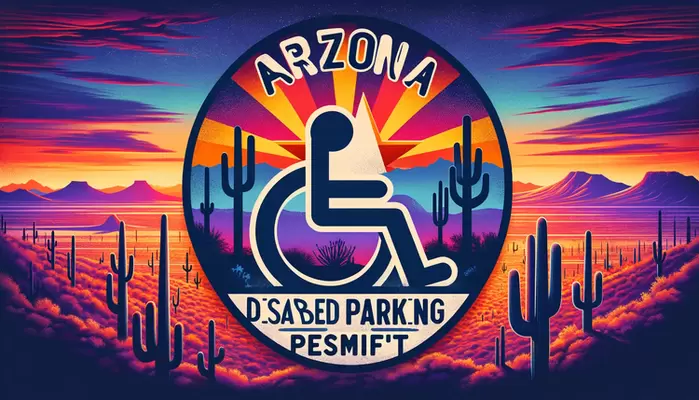
What medical conditions qualify for a disabled parking permit in Arizona?
In Arizona, to qualify for a disabled parking permit, individuals must meet specific medical conditions as outlined by the Arizona Department of Transportation and other relevant sources. The conditions that may qualify someone for a disabled parking permit include:
- Inability to walk 200 feet without stopping to rest.
- Cardiac conditions, particularly those that are classified as Class III or IV by the American Heart Association standards.
- Neurological, arthritic, or orthopedic conditions that severely limit mobility.
- Restrictive lung diseases that substantially lower expiratory volume or arterial oxygen tension.
- Dependency on portable oxygen for respiratory function.
- Need for mobility aids such as a wheelchair, crutch, brace, or cane.
- Hearing impairment is also recognized, but it should be noted that permits for hearing impairments may differ from those for other disabilities, particularly in terms of parking privileges.
These conditions require proper documentation and medical certification from a licensed healthcare provider. For veterans, a status of 100% disabled as certified by the Department of Veterans Affairs can also qualify for a disabled parking permit without the need for further medical certification. Additionally, individuals with a valid disabled parking permit from another state who move to Arizona can transfer their permit under certain conditions.
It's important for individuals to consult with a healthcare provider to confirm their eligibility based on their specific medical conditions and to understand the application process for obtaining a permit. This ensures compliance with Arizona's regulations and supports the accessibility needs of individuals with disabilities
.png)





